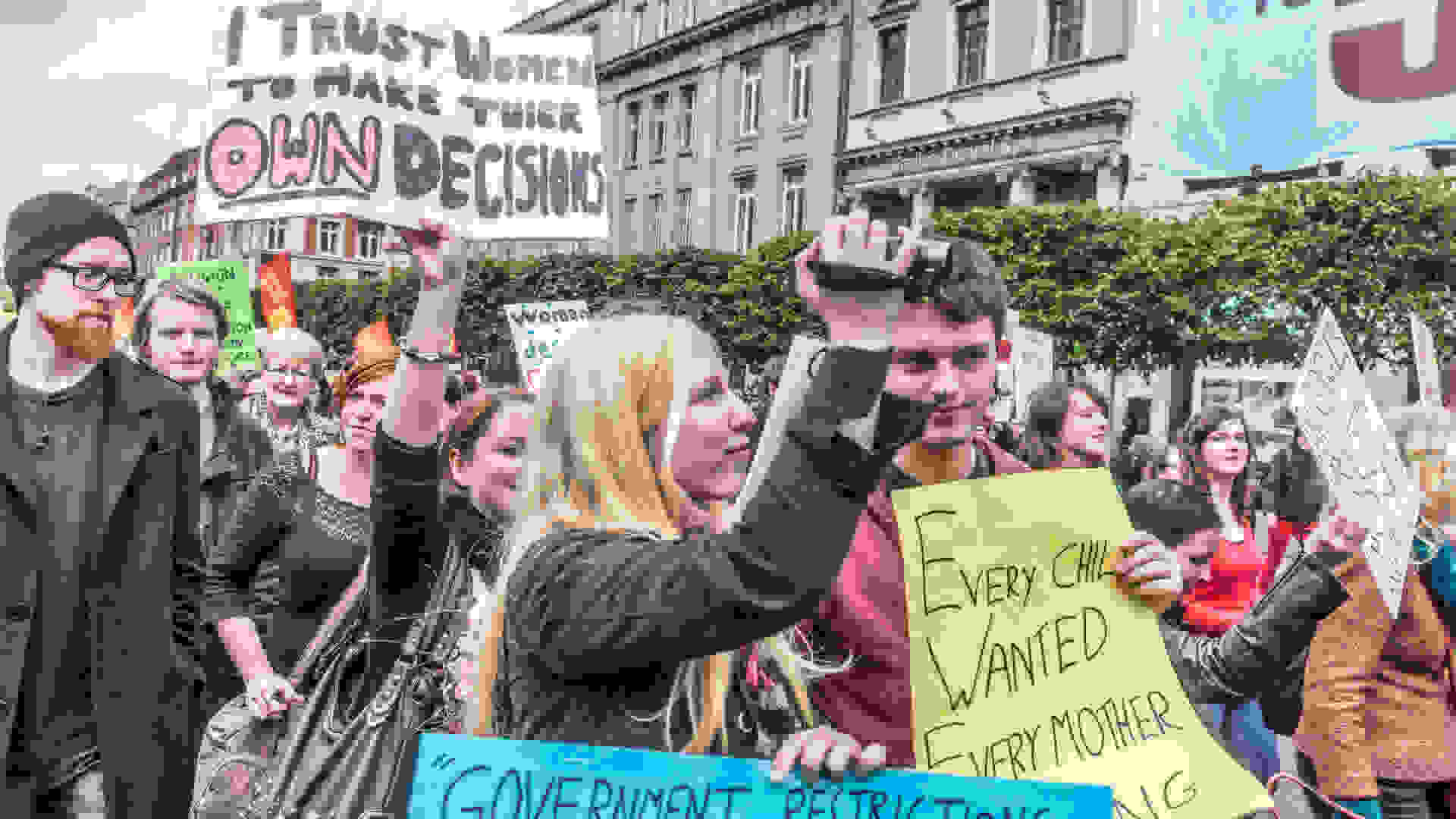On Friday 12 September, the House of Lords will debate the Bill to legalise assisted dying in England and Wales. We explore what lies ahead for the Bill in the Upper House with Sir David Beamish, former Clerk of the Parliaments – the Lords’ most senior official. Sharing an insider’s guide to the Chamber’s unique, self-regulating procedures, Sir David explains how the legislative process differs from the Commons, and what that could mean for the Terminally Ill Adults (End of Life) Bill’s potentially long and contested passage. Please help us by completing our Listener Survey. It will only take a few minutes.


